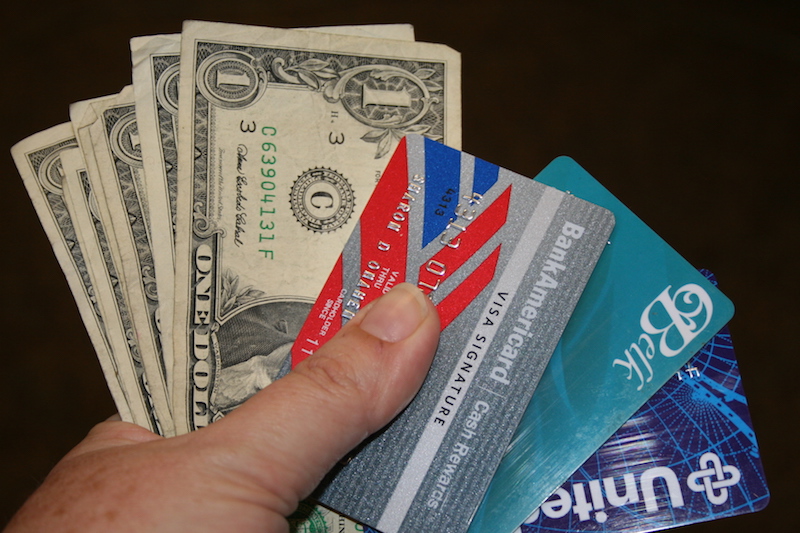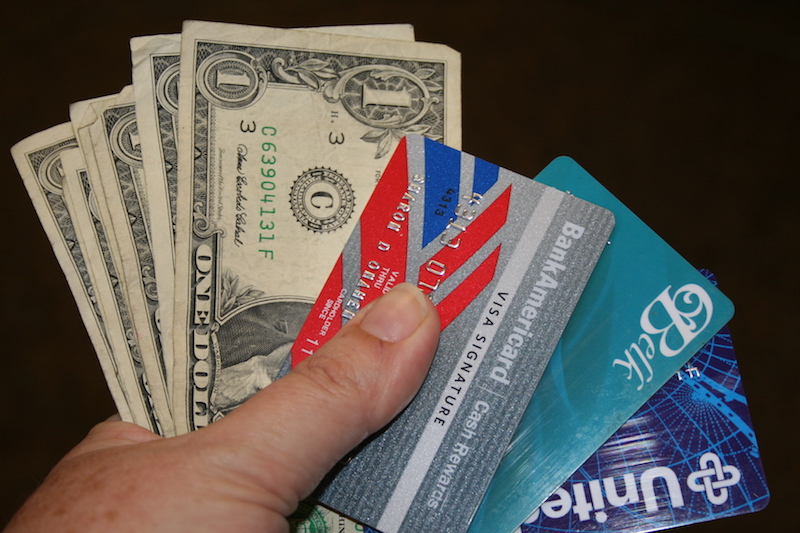Conversations with kids about money can be hard, but starting those awkward money dialogues early can go a long way to help children grow into financially responsible adults.
“Bad money habits can be difficult to change as an adult. It is much easier to teach children healthy money habits at an early age,” said Kristen Sumpter, a University of Georgia Cooperative Extension Family and Consumer Sciences agent in Fulton County who teaches financial basics classes for kids.
As part of her “Dollars and Cents: Money for Kids” program, she introduces third- to fifth-grade students to the basics of sound money management. UGA Extension has lots of tips and resources to help parents start the same money management conversations with their children at home.
How to teach kids early
Allowances are a great tool for teaching money management to kids as young as 5 years old, said UGA Extension financial literacy specialist Michael Rupured. He recommends parents use their child’s allowance as an independent teaching tool, not as a reward for housework or good grades.
“Teaching kids the value of money can be harder than getting them to clean their rooms or eat their vegetables. But the knowledge will save them a lifetime of trouble,” he said. “Avoid giving children an allowance based on good grades or household chores. Chores are the responsibility of every member of the family. An allowance is not a reward for good kids. It’s a tool for teaching children financial management.”
When allowances are given, sit down with your child to help them understand spending, saving and sharing.
“Depending on the family or discussion, it could be great to figure out what your child would like to save up for, where they would like to share their money (like donating to a nonprofit or school event) and short-term spending that isn’t just an impulse buy,” Sumpter said.
When it comes to long- and short-term goals, help your child figure out a long-term goal — such as purchasing a video game or cell phone — and help them set short-term goals that will help them to meet that goal.
Rupured suggests parents give allowances in the smallest denominations possible, like dollar bills or quarters, to make it easier for children to break the allowance into physical envelopes for spending, saving and sharing.
Talking to teens
For older kids who are getting ready for the adult world, the world of finance can become muddled and scary.
“Teenagers hear so many different opinions from friends, teachers, family, media and other sources, it’s great to have an open conversation as they begin to form their own opinions,” Sumpter said.
Allowances can be a good way for older kids to test drive their real-world money skills while they’re still safe at home, Rupured added.
Teach kids about complicated topics, including money, by reading children’s books about money and setting a good example.
Allowance for an older child might involve a deposit into their checking account, which may pay for gas, clothes or other goods or obligations. The goal is to fully prepare them for the realities of the financial world before they leave the nest. At any age, it is important for children to understand that money must cover needs before wants.
Continuing the conversation
Whether children are young or about to graduate from high school, there are many age-appropriate books out there to help jump-start conversations about financial management.
Sumpter suggests some other research-based resources to help guide parents in the discussion:
- Handouts, resources and local classes offered by UGA Extension: www.fcs.uga.edu/extension/money
- Information on auto loans, college tuition, personal finance, fraud, payday loans, etc., provided by the Consumer Financial Protection Bureau: www.consumerfinance.gov
- Information for high school and college students, adults, and retirees published by the National Endowment for Financial Education: www.nefe.org




